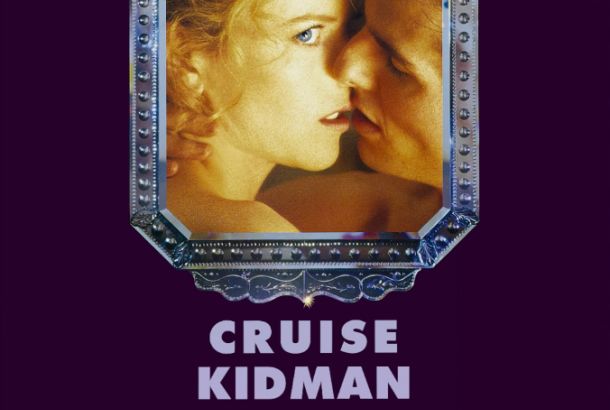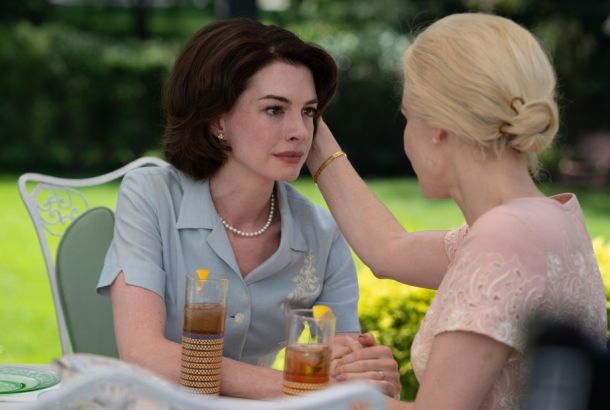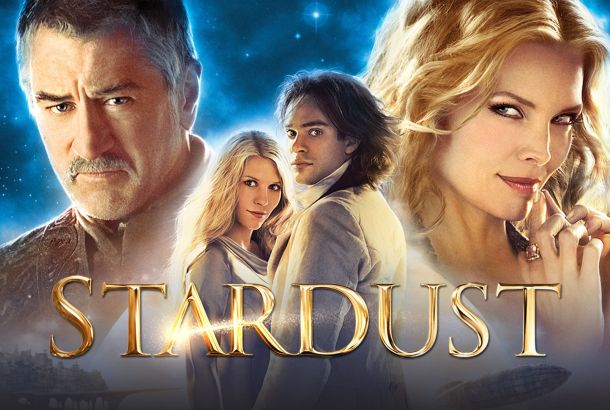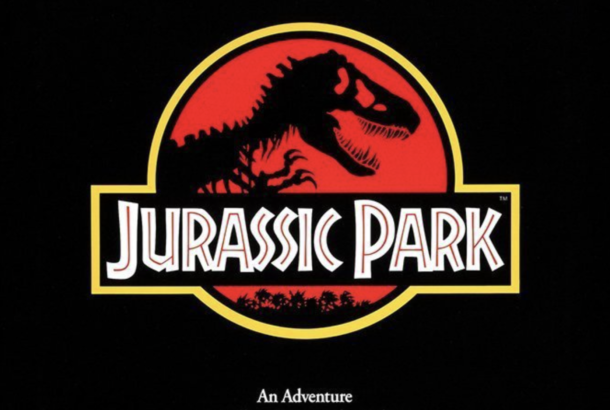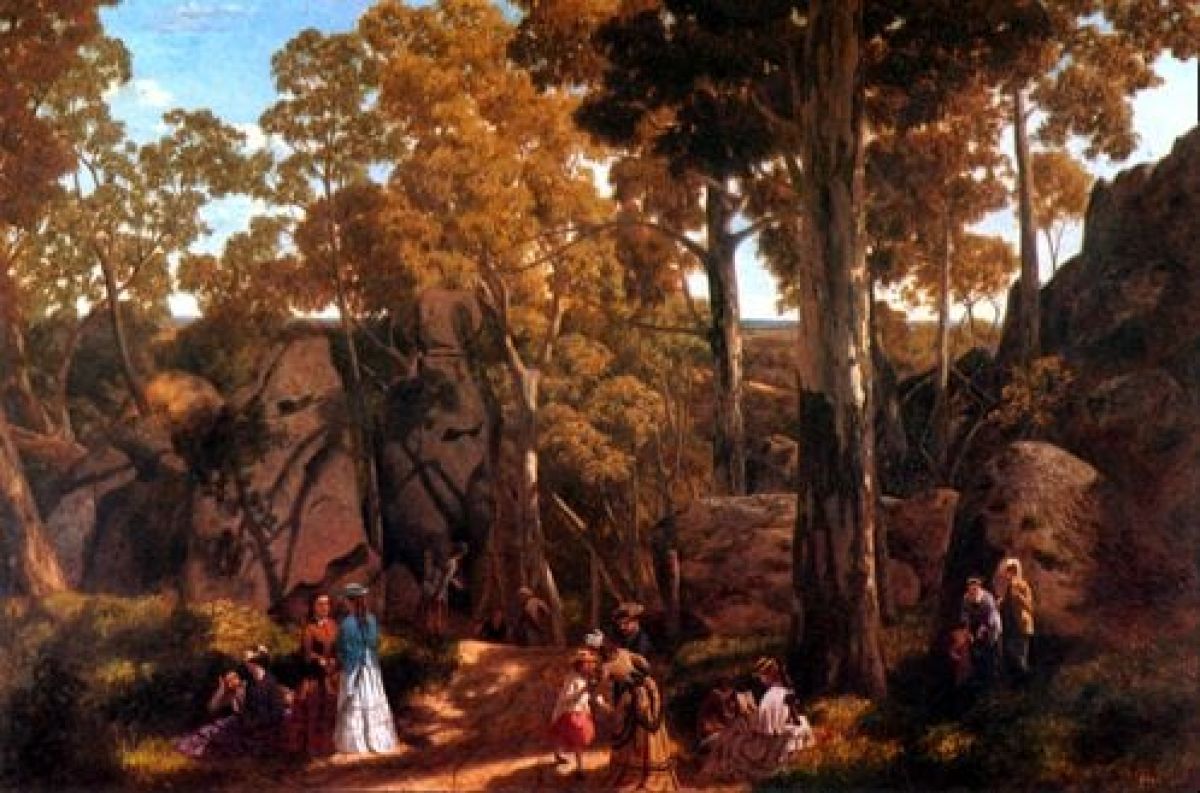
The recent BBC production of ‘Picnic at Hanging Rock’, based on Joan Lindsay’s 1967 novel, portrays the disappearance of a group of schoolgirls from an Australian boarding school. The 2018 adaptation, directed by Larysa Kondracki, is so luxuriant in production that it is easy to feel as if you’ve overindulged: glossy ringlets, billowing costumes, and corsets starched as crisp as sugar paper are the order of the day.
Unfortunately like any surfeit, it fades quickly. Kondracki’s production, although aesthetically beautiful, lacks the dark underbelly of Peter Weir’s 1975 film. The success of Weir’s version was that it was as delicious to consume as marzipan, but left a bitter aftertaste betraying the poison at its centre. By contrast, Kondracki’s adaption is all sugar and no salt.
For a story that’s concerned with pitting society against nature, there are far too many shots in the prim and polished school and not enough of the Australian landscape. The Weir version didn’t skimp on filming the wilderness and therefore achieved the dichotomy that Kondracki fails to capture. There are flashes of greatness, such as a scene of a character’s breakdown, in which the camera wheels and turns to such an extent I found myself dizzy observing it. In the same vein, the soundtrack is evocative of the uneasy, flitting tones of the one created in 1975.
The 2018 script is undoubtedly one of the highlights of the year. Writers Beatrix Christian and Alice Addison have done an admirable job of remaining true to the novel, while nurturing the plots hinted at in the subtext. They capture perfectly the girls’ sexual, romantic, and personal frustrations along with the claustrophobia and tension native to a girls’ boarding school. It realises the crucial point of being a teenage girl, being both funny and deeply tragic, unlike the 1975 film which was always rather flighty about the reality of female adolescence.
The casting of this adaptation is superb. Natalie Dormer is the obvious highlight, in the plum part of Headmistress Appleyard. Dormer’s talent as a stage actress elevates the role noticeably, with one of her best performances yet — though I found her Estuary accent a little over-exaggerated. Criminally overlooked are Ruby Rees as Edith and Yael Stone as Dora Lumley. Both are screechingly funny in their roles, from Edith’s petulant bluster to Dora’s ridiculous fanaticism. Yet Rees’ performance also reminds us of how the scorn of older girls can sear when you’re hovering between child and teenager. Stone also carries a brimming mania under the surface, which is telling of the abuse she received from her older brother.
Samara Weaving is particularly endearing as Irma Leopold — heartbreakingly beautiful, a tad snobby, and really quite insecure beneath her turned-up nose. Lily Sullivan as Miranda Reid carries off the idea that half the school is in love with her with aplomb, bringing an androgynous quality even while swathed in white petticoats. Madeleine Madden as Marion Quade also has the difficult task of representing the young girl in love with her teacher without coming off as annoyingly soft. Your heart really goes out to her — wide-eyed and easily hurt. I also felt it was high time for the inclusion of an aboriginal actress.
In the end, much like the Weir version, Kondracki’s falters at the last minute. I don’t think I’ll be content with any adaptation until they acknowledge Joan Lindsay’s ‘lost chapter’, removed at her editor’s request. The chapter explains the girls’ disappearance in terms of time travel, the rock being a form of a dimensional gateway. If you’re going to omit it, don’t tease us with the recurrent theme of ticking clocks that litters the soundtrack throughout.
